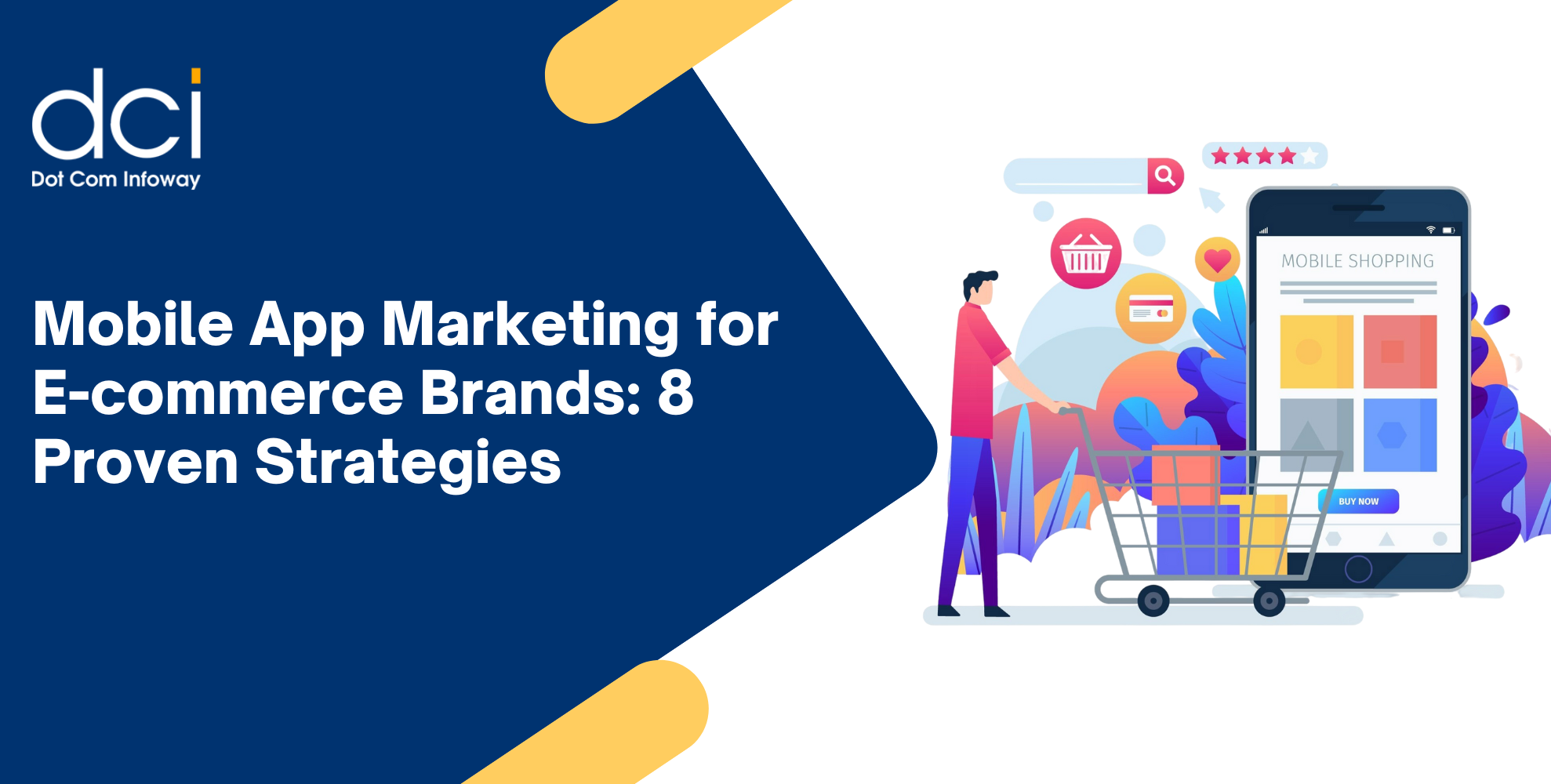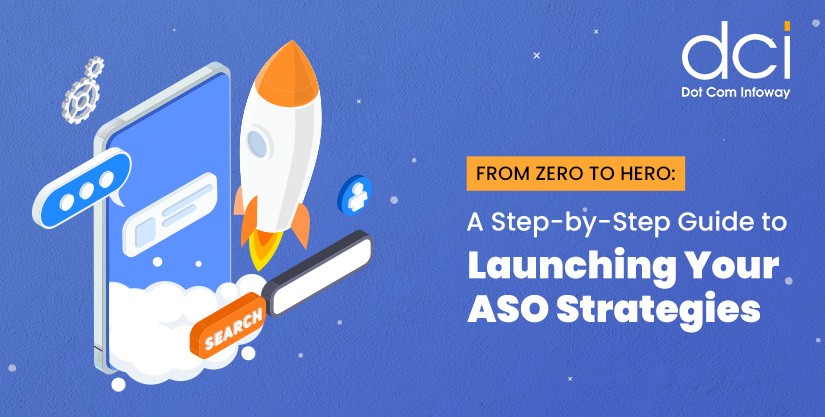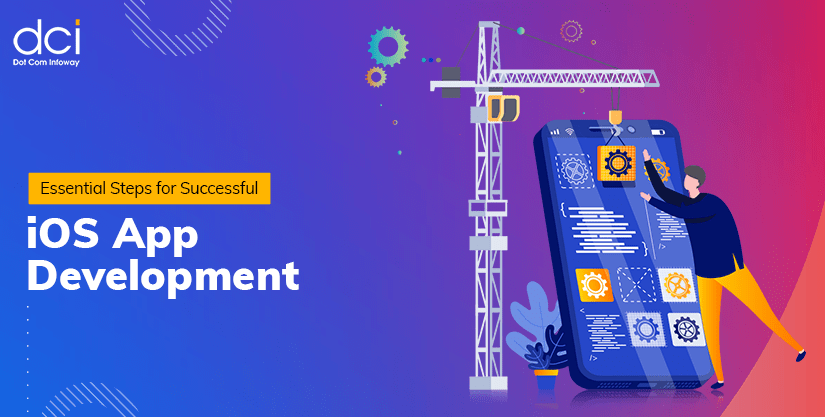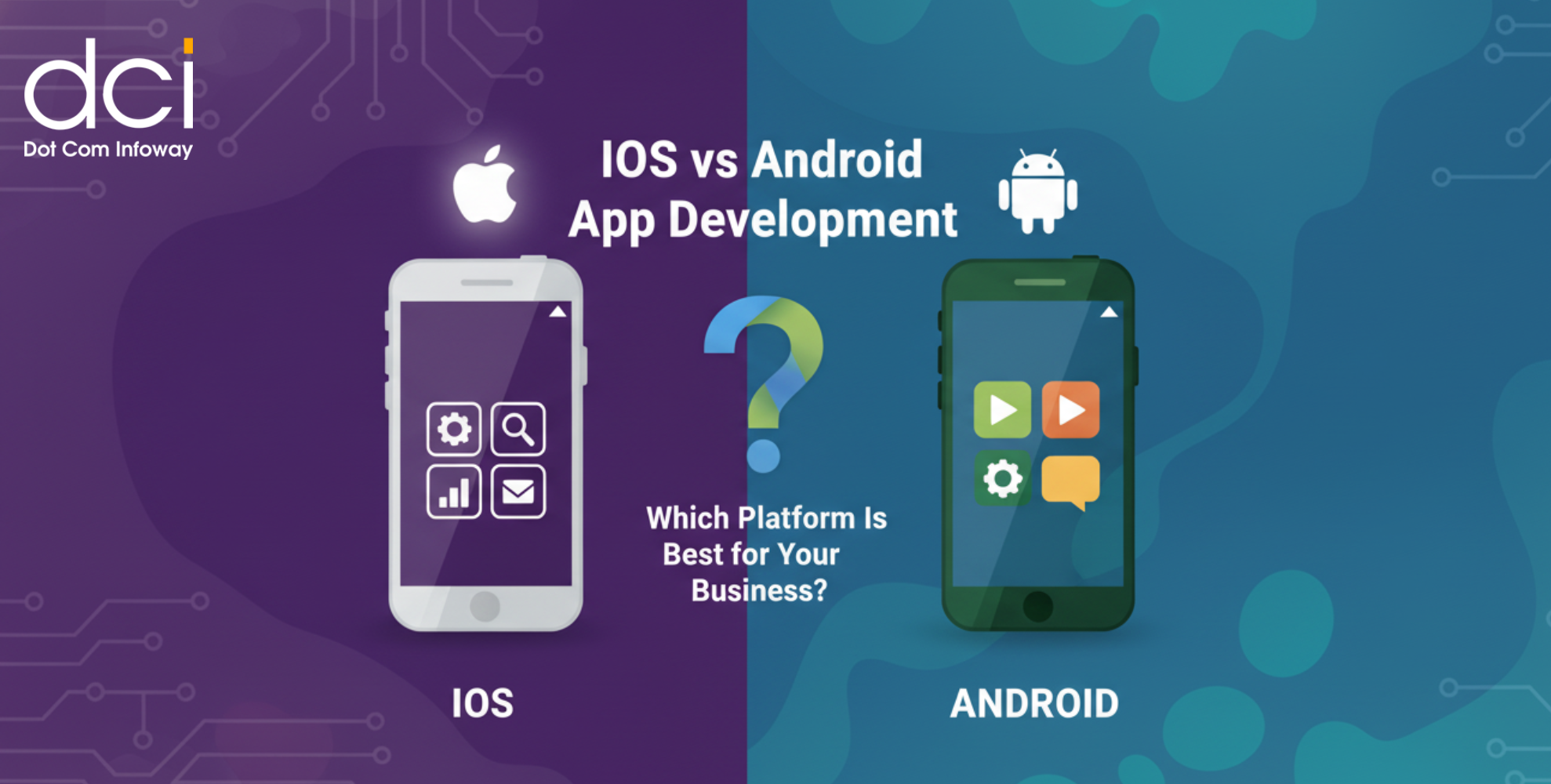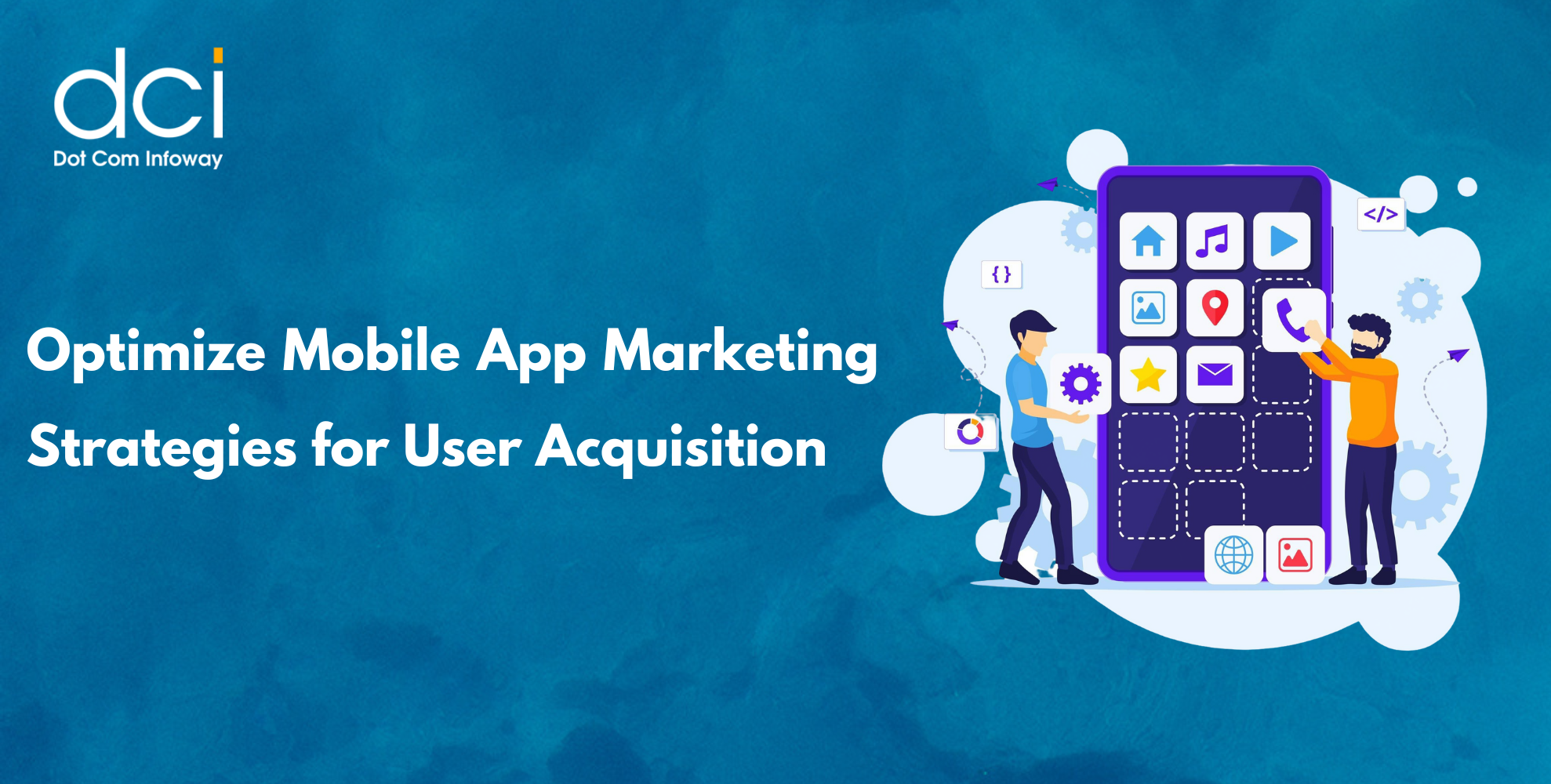Lack of Originality
Some apps are unsuccessful, after a short tenure, due to lack of original material. The haste and desire to have a running app lure app developers to duplicate other apps which definitely bear no fruit. Primarily, app owners should take their time to research, evaluate and come up with a unique app. It is also advisable to make use of the Unique Selling Proposition (USP) to elaborate on the relevance and uniqueness of the product.
If you succeed in establishing a unique app then you are on the right track to achieving success.
Substandard Research on Market and Competition
In a number of scenarios, mobile app development fails due to poor research. App developers should be always on the lookout to establish what their competitors are doing. Focus on areas such as;
- Number of similar apps/ competitors out there– knowing what you are up against psychologically prepares you on the expectations needed to outwit the rest.
- Advertising strategies– a comprehensive reading and research of the viable advertising techniques aids in attracting more users at ease.
- Trendy technology– with the growing evolution in technological advancements, app developers should familiarize themselves with the best in the market. This may in new tech in app development, digital marketing, app products among others.
- App products developed– if a new app, let’s say on food delivery is been launched, you may get a clear chance of finding out loopholes and have your app address them.
- The platform used– after completion of the app, developers should figure out which platform they would wish to avail their product on. Currently, Google Play Store and Ios are leading with 3.8 million and 2 million apps on their platform. To guide with this is the behavior of users in terms of number and revenue accrued.
- App user reviews– go through reviews by app customers to identify their likes, dislikes, and mixed reactions
Poor strategies in Promoting, Branding, and Advertisement
The app making world is oversaturated with millions of apps been released annually. Given this reality, many mobile apps dwindle due to poor branding, promotion, and advertising strategies. That said, it is fundamental for web developers to be conversant with the best ways to go about promotion and advertisement.
One strategy is to come up with ads to be aired on video streaming channels, social media, or mainstream press. Ensure that the content is objective and includes the salient features of the app to captivate the target group. Subsequently, launch timely promotions such as demo videos and use great screenshots.
As for branding, the first step is to use a unique app icon and title. These two portray the image of your mobile app telling users of what to expect from the product.
Lack of Capital and Resource Investment
Most mobile app developers fail purely on the basis of the insufficient capital investment. This obstacle often arises due to financial constraints or poor planning and strategizing. In essence, the more your app grows, the more resources required for maintenance and addition of features.
It is thus crucial for you to formulate a solid plan, both overall and monetary, to meet these needs. Nonetheless, app developers should not despair into putting their money into developing the app. At the end of the day, a successful app stands to gain greatly from the nearly 4 billion worldwide mobile app users.
Low Scores in User Experience and Friendliness
If your users are always dissatisfied then your app is on the blink of flopping. Some of the areas where web developers should check to avoid this are:
- App loading time– users desist from apps that take too long to load the content. Check that the app does not exceed 20-22 seconds to get to the landing page
- App user interface (UI)– this entails; simply app designs, in tandem with evolution, HIGH performance, and adherence to General Data Protection Regulations (GDPR)Standards
Failure to Undertake App Testing
With the myriad of mobile apps for users to choose from, it is likely that they will go for compatible ones. It is thus important for developers to perform rigorous app tests before launch. This should be done on various platforms to verify aspects such as compatibility and bugs.
Still, there is the question of whether to go for in-house testing or outsourcing. Well, due to financial limitations, a number of developers may prefer having internal tests done by their team. The pro here is that members have full control of the activities. Nonetheless, it is limited in terms of resources and tools compared to outsourcing where specialists who are passionate and detailed come in.
Another piece of advice is for app owners to always use cyclic testing tools. Keeping in mind that app development is not a one-time thing. Continuous tests will help upgrade and check its performance visa vie user demands.
Last but not least embrace the use of MVPs or iterative processes. In simple terms, the minimum viable product (MVP) is a technique used to study the reaction of the initial users to the app. Instead of releasing the full-blown app on the market, you release a product with the basic features to the initial target customers.
The aim here is to sell the vision and goal of the app which will help to improve the final app product.
Inappropriate Monetization Strategy
If you have limited information regarding mobile app monetization then you are in trouble. However, since we do not want you to be in such a dilemma it is important that you learn more about this. Firstly, developers with free apps can make money on their platform by including a prompt such as ‘Pay to access’. This will entice and trigger users to part with some amount to enjoy the extra features. Other ways include:
- In-app purchases or mobile commerce– studies have shown that multiple successful apps highly benefit from m-commerce. Essentially, this refers to monetary transactions taking place on your app as users purchase items sold here. An example is Amazon. Customers further get to enjoy your app thanks to the services brought closer to them.
- Email marketing– a good percentage of mobile users’ still access email services. App developers can take this opportunity and market their app via the platform. You won’t miss at least some few downloads from this tactic.
Sloppy Launch Strategy
The success of a mobile app goes beyond development and design. Once you have finalized with mobile app ready for release, the next step is to strategize on how to perfectly launch your product. Below are some best practices on how to go about app launch.
1. Pre-launch Activities
To spread the word, developers need to reach to the press. This may be reporters, bloggers, vloggers and TV pundits. Give a sneak peak of your mobile app and why users should download the app. Moreover, on the day prior to the launch, make time for interviews and press release.
2. Launch Day Strategies
- To make the best out of this create an outstanding first impression to the users by creating videos. The video clip should highlight the main features and demonstrate how it works.
- Avail your app on the Play store. The target user base should guide you in determining whether to launch on Apple store or Android. It is this platform that you are going to push for promotions, release updates and new versions.
- Get in touch with reputable press media to aid in reaching out to more users. Nonetheless, ensure that you are social and push your app on social media platforms such as Instagram, Twitter, and Facebook.







![The Game Marketing Guide: Pre and Post-Launch Strategies [Infographic]](https://www.dotcominfoway.com/wp-content/uploads/2023/09/DCI-Game-Marketing-blog-1.jpg)

